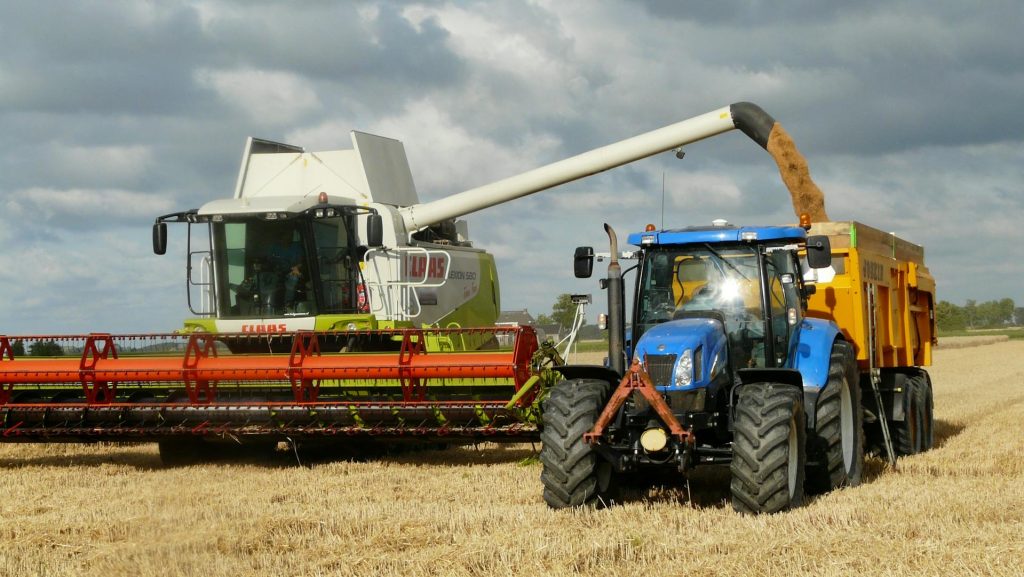Agriculture is the foundation of human civilization. Since ancient times, people have relied on farming to secure food, build communities, and create stability. Without the cultivation of crops and the domestication of animals, societies could not have advanced to where they are today. Agriculture gave rise to trade, settlements, and culture, shaping the very fabric of human history. Even in the modern era, it remains the silent force that sustains billions of lives across the globe.

Feeding the World’s Growing Population
As the global population surges past eight billion, agriculture plays an even more crucial role in providing nourishment. From small family farms to massive agricultural enterprises, the production of grains, fruits, vegetables, and livestock ensures that diverse diets are possible. Wheat, rice, and maize alone form the staple diet for more than half of the world’s population. Through advancements in irrigation, crop science, and machinery, farmers are meeting the challenge of feeding more people than ever before.
Embracing Innovation and Technology
Today’s agriculture is not just about plowing fields and harvesting crops. Technology has transformed farming into a highly sophisticated sector. Precision agriculture uses drones, sensors, and data analytics to monitor soil health, optimize water use, and increase yields. Genetically improved seeds and sustainable pest control methods are enhancing crop resilience, while renewable energy is powering farms more efficiently. These innovations not only boost productivity but also reduce the strain on natural resources, paving the way for a smarter, greener future.
Sustainability and Environmental Responsibility
Modern agriculture faces a tough balancing act: producing enough food while protecting the planet. Unsustainable farming practices can lead to soil degradation, water scarcity, and biodiversity loss. However, the rise of sustainable farming methods—such as crop rotation, organic farming, and regenerative agriculture—offers hope. By working with nature instead of against it, farmers can maintain soil fertility, conserve water, and reduce greenhouse gas emissions. Sustainable agriculture ensures that today’s progress does not compromise tomorrow’s survival.
The Future of Agriculture: A Shared Responsibility
The future of agriculture is a shared responsibility between farmers, governments, businesses, and consumers. Farmers must adopt eco-friendly practices, policymakers should support innovation, and consumers can make choices that encourage sustainability. With the right collaboration, agriculture will not only continue to feed the world but also restore balance to our environment. Ultimately, agriculture is more than a profession—it is a promise to nourish humanity and protect the planet for generations to come.
